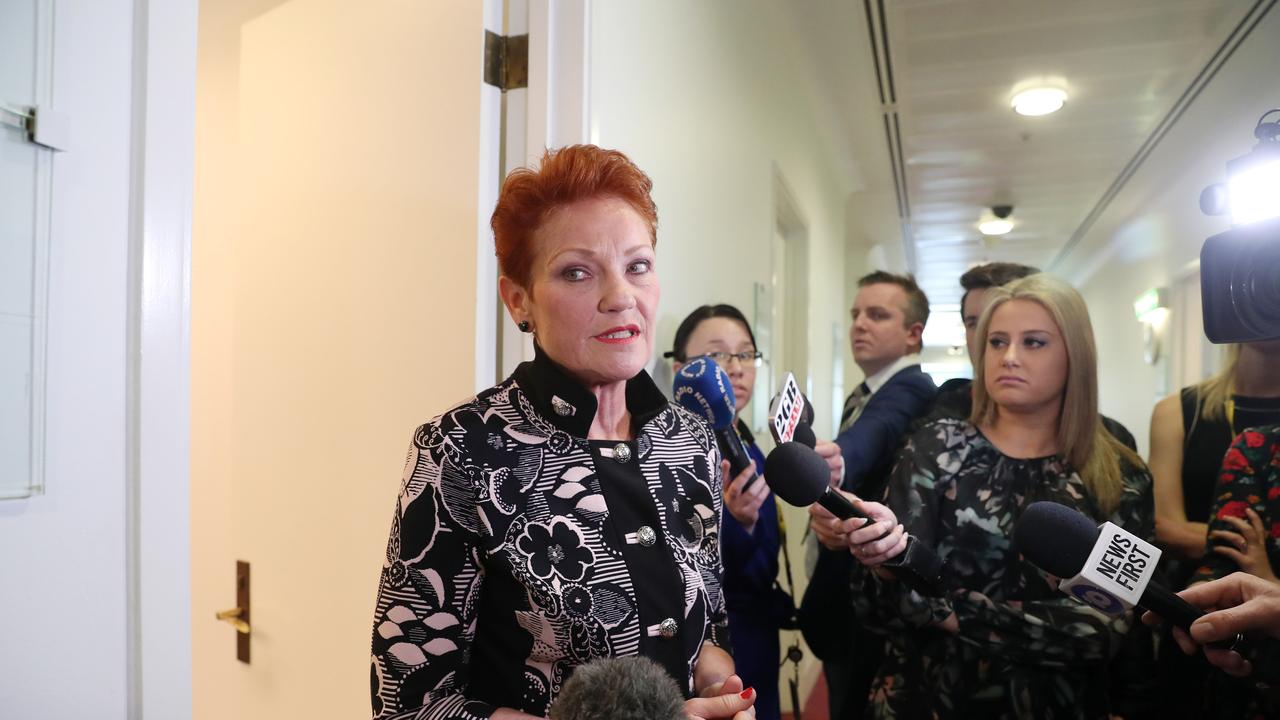Your noon Briefing: Husar reports extraordinary, says Albo
Welcome to your noon digest of what’s been making news and what to watch for.
Hello readers. Here is your noon roundup of today’s top stories and a long read for lunchtime.
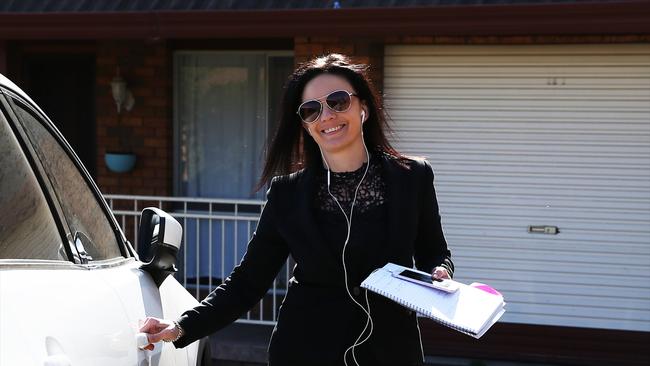
Coverage ‘extraordinary’
Anthony Albanese has hit out at the coverage of bullying, sexual harassment and misuse of staff allegations against NSW Labor MP Emma Husar, claiming the reporting of “rumours and unfounded allegations” is “extraordinary”. Moves to dump federal Ms Husar as a party candidate could start late next week, with the NSW ALP determined to head off a worsening political crisis as more allegations surface about the backbencher’s bullying of staff and other conduct.
“The idea that you should have a running commentary while there is an independent investigation taking place is not fair, either to Emma Husar or to the people who have made complaints about her.”
Anthony Albanese
-
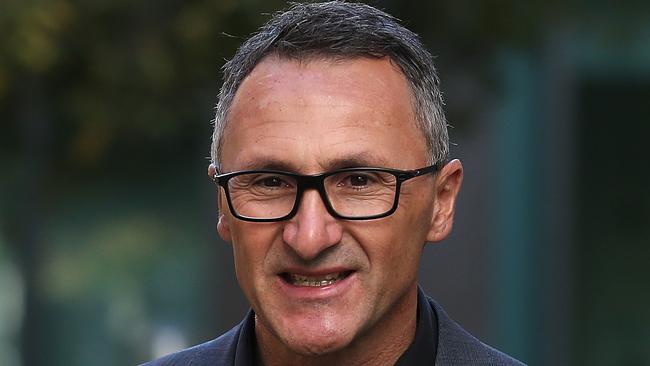
‘Sorry to women’
Richard Di Natale has apologised to the women who claimed The Greens failed adequately to investigate their sexual assault complaints against male members of the party. In a report on the ABC’s 7.30 program last night, former Greens staffer Ella Buckland accused NSW Greens MP Jeremy Buckingham of grabbing her and kissing her neck in the street. Mr Buckingham vehemently denies the claims and the complaint is under investigation by the NSW Greens.
-
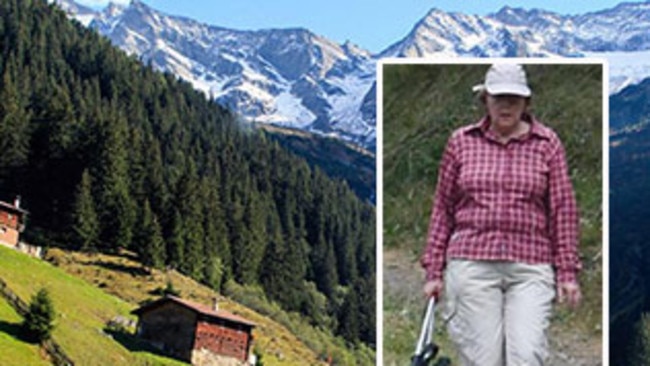
Where is ‘mutti’ Merkel?
Across a nation that in the summer devours photos of its chancellor’s hikes in the Tyrolean Alps, one question is occupying German thoughts: where is Angela Merkel? Her failure to join her husband for their usual walking holiday and disappearance from public view for more than a week has caused wild speculation, ranging from a marital crisis to a “secret mission”.
-

Drink away dementia
Middle-aged moderate drinkers are significantly less likely to develop dementia than teetotallers, a study has found. The research, published in the BMJ, found that those drinking up to 4½ bottles of wine a week — three times the guidelines — were at lower risk of developing the disease than those who abstained. The findings are based on a study of 9087 British civil servants who answered regular questionnaires on their use of alcohol between 1985 and 1993. They were aged from 35 to 55 when the study began. There were 397 cases of dementia in the group, diagnosed at an average age of 76.
-
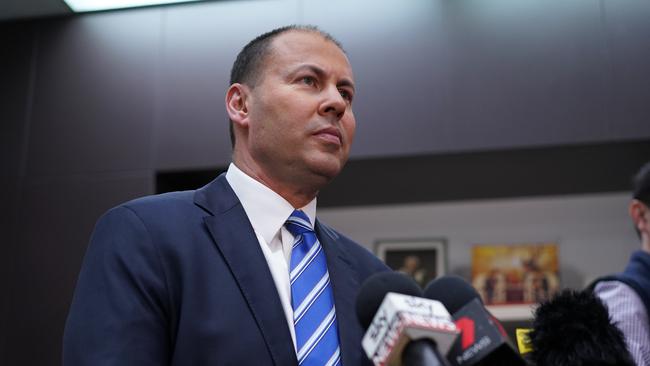
The long read: Power play
Can more than a decade of partisan squabbles over climate and energy policy that have crippled our electricity sector end next week? Graham Lloyd reports.



